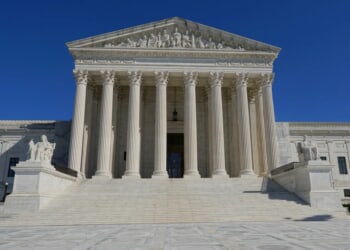A coalition of 19 Democrat-led states filed a federal lawsuit Thursday challenging President Donald Trump’s recent executive order that mandates proof of U.S. citizenship to vote in federal elections.
The lawsuit, brought by attorneys general from Arizona, California, Colorado, Connecticut, Delaware, Hawaii, Illinois, Maine, Maryland, Massachusetts, Michigan, Minnesota, Nevada, New Jersey, New Mexico, New York, Rhode Island, Vermont, and Wisconsin, asks the court to block key provisions of the March 25 executive order.
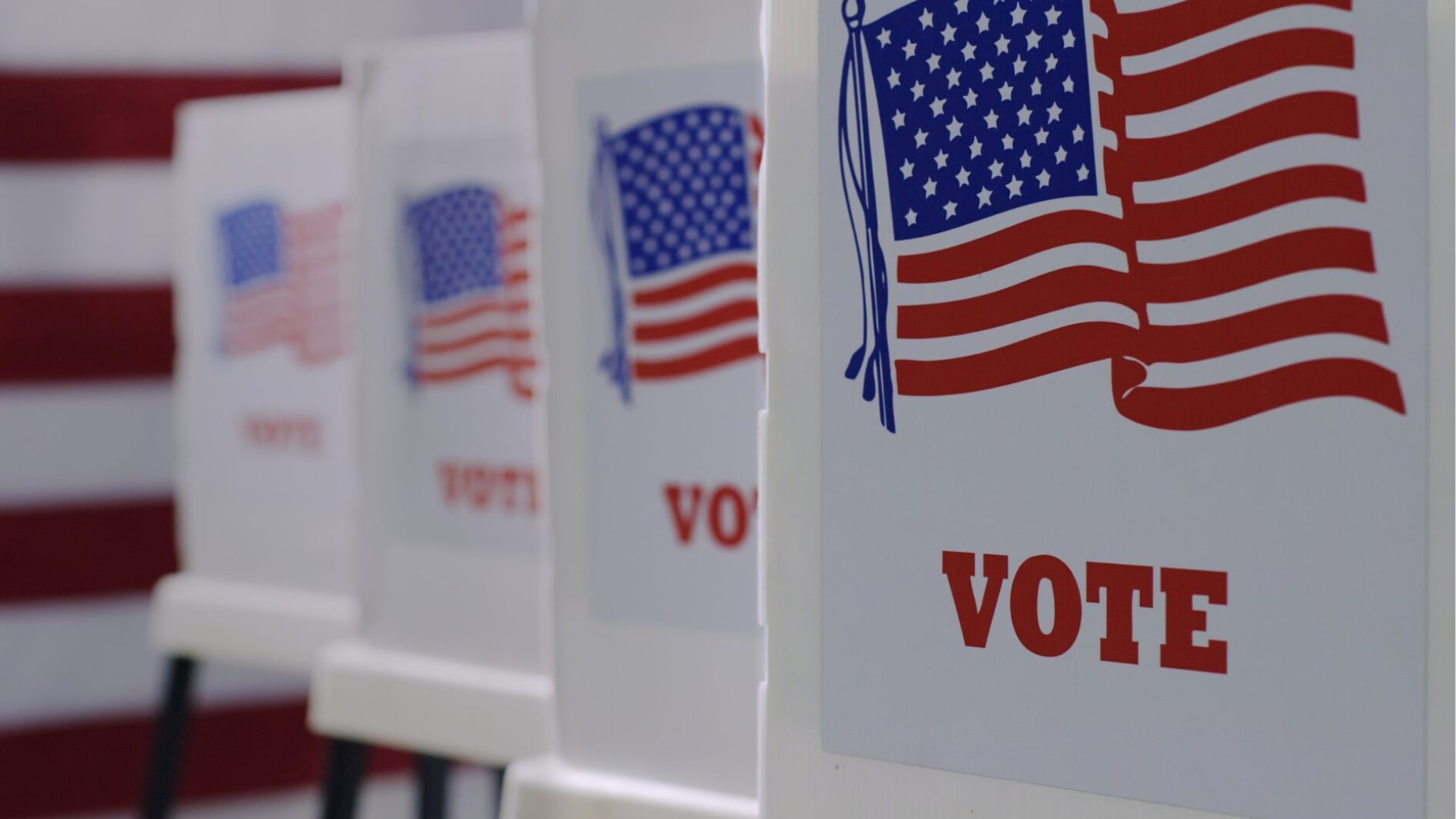
In the filing, the states argue that Trump’s order oversteps constitutional limits by asserting federal authority over elections, a responsibility they say lies primarily with state governments and Congress. The complaint reads:
“The Elections EO violates the Constitution. It interferes with States’ inherent sovereignty and their constitutional power to regulate the time, place, and manner of federal elections.”
Elon Musk Called This Financial News ‘Terrifying’
The lawsuit further claims that the order infringes upon the role of Congress by attempting to legislate through executive action.
“It also usurps Congress’s powers to legislate (under the Elections Clause) and to appropriate (under the Spending Clause) because Congress has not chosen to implement the changes the President seeks to impose by decree. The critical funds at issue have in large measure already been appropriated by Congress.”
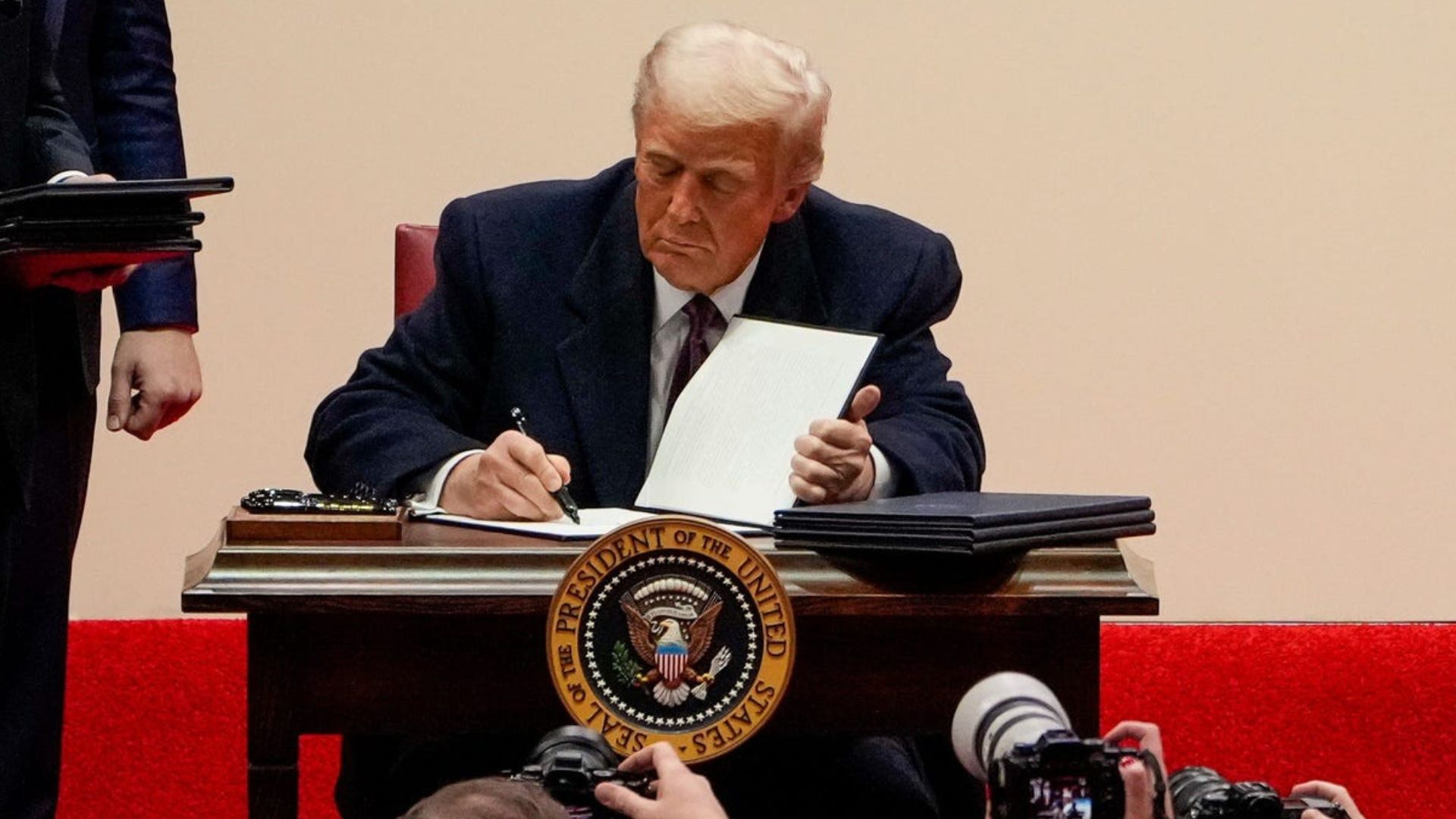
President Trump’s executive order requires states to implement citizenship verification for voters in federal elections and prohibits foreign nationals from participating in or influencing U.S. elections.
FREE Concealed Carry Gun Laws & Reciprocity Map
It also ties federal election funding to states’ compliance with voter ID laws. Additionally, the order instructs U.S. attorneys general to work with state officials to ensure these measures are enforced. Trump wrote:
“Free, fair, and honest elections unmarred by fraud, errors, or suspicion are fundamental to maintaining our constitutional Republic. The right of American citizens to have their votes properly counted and tabulated, without illegal dilution, is vital to determining the rightful winner of an election.”
Several of the states involved in the lawsuit have previously enacted policies that do not require documentation to vote. These include California, Oregon, New Mexico, Minnesota, Illinois, Maine, Vermont, Massachusetts, New York, New Jersey, Hawaii, and Maryland.
The attorneys general argue in their lawsuit that complying with the order would force states to reallocate staffing and funding for retraining election officials, updating voter education programs, and testing new systems. According to the complaint, this could create confusion and lead to disruptions in upcoming elections.
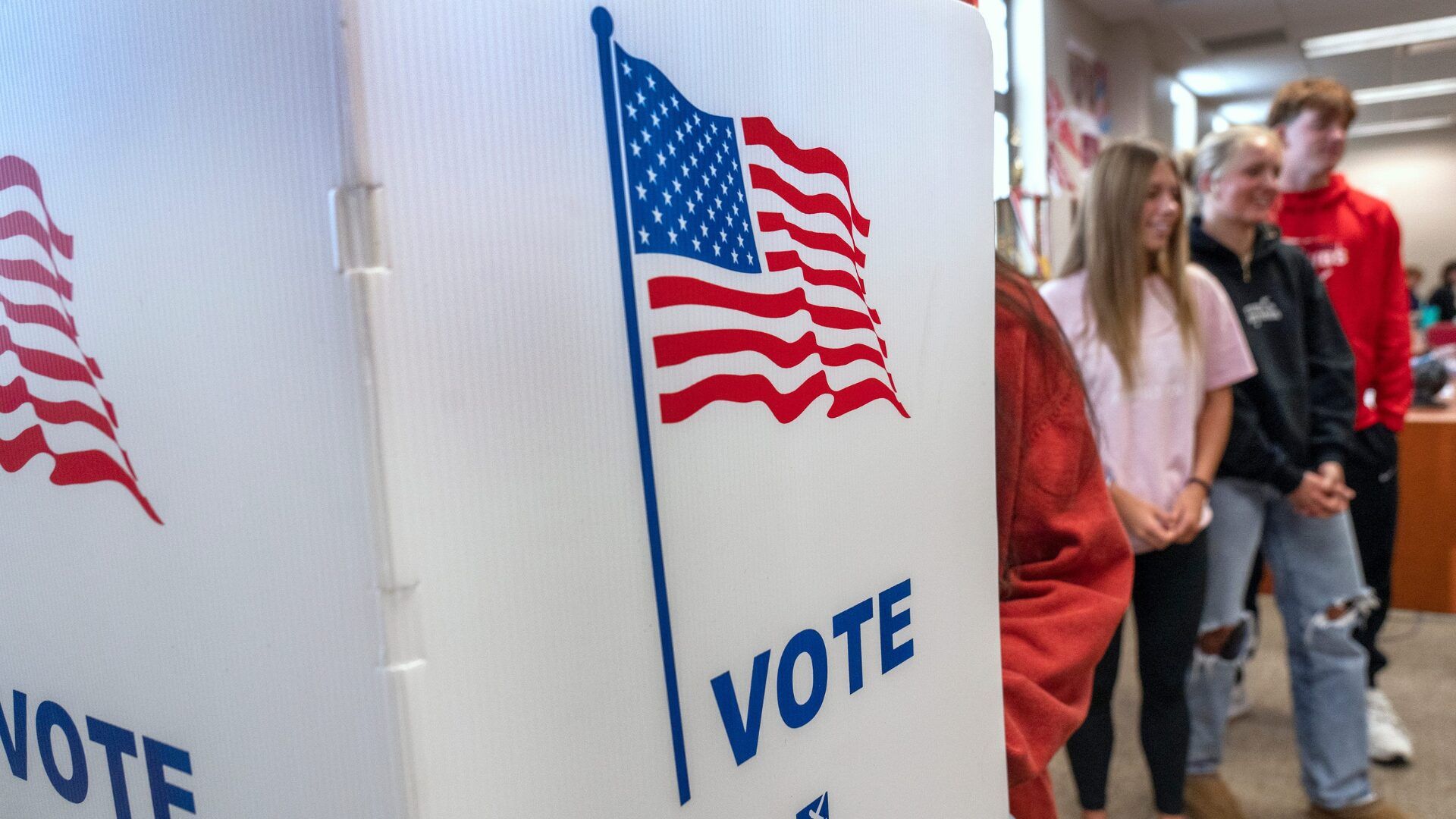
“The order sows confusion and sets the stage for chaos,” the filing states, adding that states risk losing federal funding if they do not meet the order’s requirements.
New York Attorney General Letitia James posted a public statement Thursday, calling the executive order unconstitutional. She wrote on X:
“Donald Trump’s Executive Order to seize control of our elections, intimidate voters, and attack Americans’ right to vote is unconstitutional and undemocratic. I’m suing to stop the President’s authoritarian power grab and protect people’s right to vote and our democracy.”
Donald Trump’s Executive Order to seize control of our elections, intimidate voters, and attack Americans’ right to vote is unconstitutional and undemocratic.
I’m suing to stop the President’s authoritarian power grab and protect people’s right to vote and our democracy.
— NY AG James (@NewYorkStateAG) April 3, 2025
As of Thursday, the White House had not issued an official response to the lawsuit. The case is expected to proceed in federal court in the coming weeks.
American Made Patriotic Apparel – Save 15% with Promo Code MERICA
The opinions expressed by contributors and/or content partners are their own and do not necessarily reflect the views of LifeZette. Contact us for guidelines on submitting your own commentary.

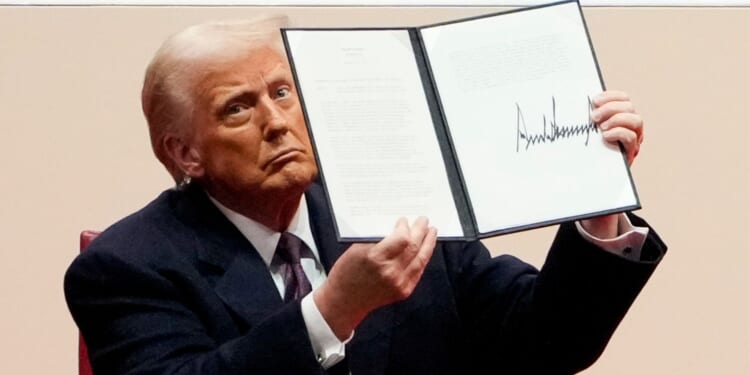




![Trump's Admin Guts Another ‘Rogue Government Agency with Zero Accountability’ [WATCH]](https://www.right2024.com/wp-content/uploads/2025/03/Trumps-Admin-Guts-Another-‘Rogue-Government-Agency-with-Zero-Accountability-350x250.jpg)
![‘We All Owe Him (Elon) a Huge Debt of Gratitude’ [WATCH]](https://www.right2024.com/wp-content/uploads/2025/03/‘We-All-Owe-Him-Elon-a-Huge-Debt-of-Gratitude-350x250.jpg)






